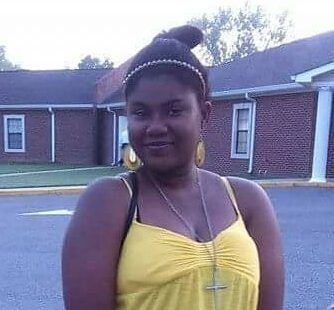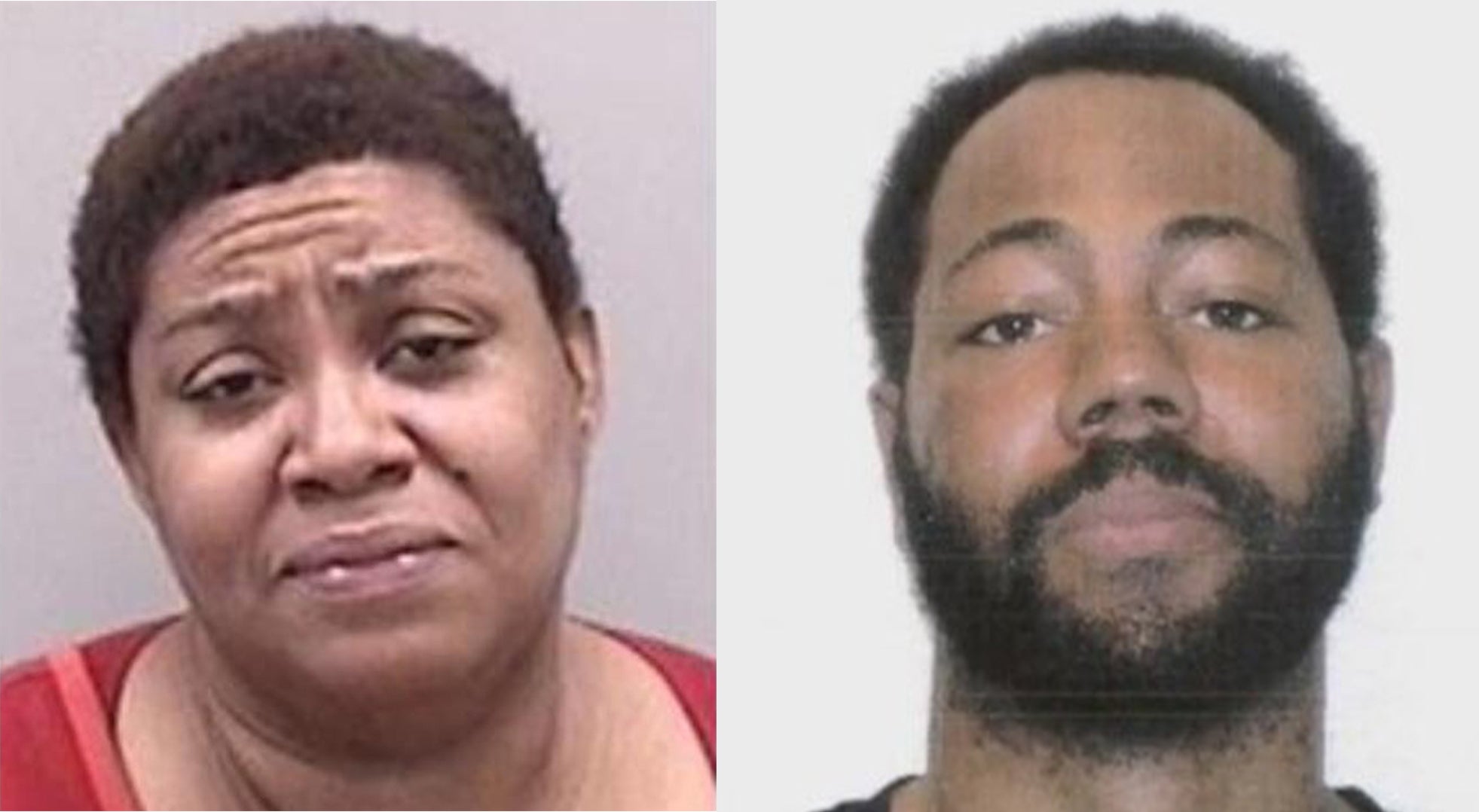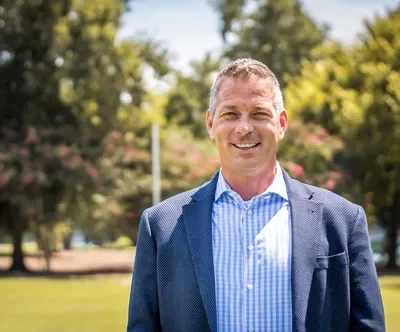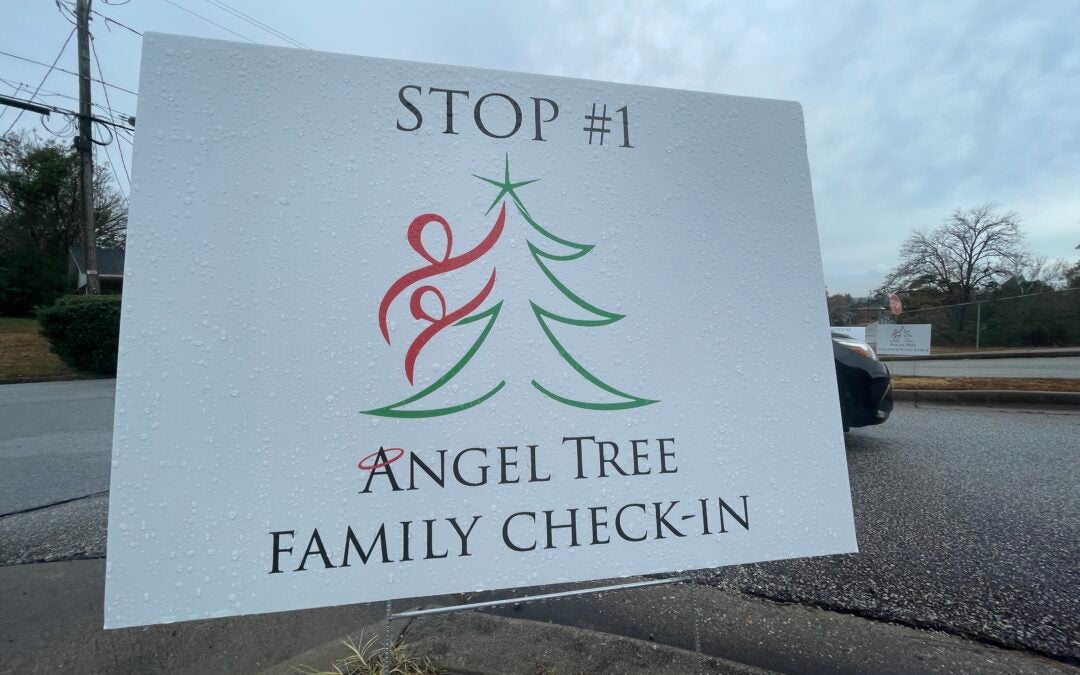Justice for Janell Carwell could come in the near future.
With a tentative trial start date of March 25, attorneys with the Northeast Georgia Capital Defender’s Office argued numerous pretrial motions this week in the nearly seven-year-old case against Leon Lamar Tripp and his wife, Tanya Faye Tripp.

Despite the capital defenders, the state is no longer seeking the death penalty against Leon Tripp, Chief Superior Court Judge Daniel J. Craig said during a Tuesday hearing.
Carwell’s mother reported her missing on April 17, 2017, on her 16th birthday. A community-wide search ensued.
After she told police Carwell left with her stepfather to help a friend, the focus turned to finding Carwell and Leon Tripp.
A few weeks later the Tripps were found together May 23, 2017, at an Atlanta U-haul facility.
Leon Tripp, 45, was initially indicted for murder, kidnapping with bodily injury, cruelty to children and concealing a death. Tanya Tripp, 42, was indicted for felony murder and concealing a death.
MORE: Stay. Social Tap + Table still owes Columbia County
Then in November, District Attorney Jared Williams re-indicted the Tripps, upgrading the murder charge against Tanya Tripp, but no longer charging Leon Tripp with kidnapping with bodily injury. He added charges of aggravated assault-family violence for both.
Issues raised by the defense Tuesday include the lack of specificity of the indictment. It doesn’t identify what “object” the suspects used, in an unknown manner, to cause her death.
It has no date the crimes allegedly took place, only the range of April 17 to May 23 of 2017.
That’s because prosecutors only know when she was last alive and when the Tripps were found, Assistant District Attorney Justin Mullis said.
“We have a body” and “statements” to work with, he said.
He in orange jail stripes and she in green stripes, neither of the Tripps offered offered any assistance Tuesday.
Carwell’s body wasn’t found for almost a year after she disappeared, on March 8, 2018, buried in a shallow grave near the family’s Tate Road residence.
Identified using dental records, its condition presented another challenge for prosecutors seeking to identify a date and manner of death.
They plan to call a board-certified forensic anthropologist to testify about what was found that she analyzed: Only bones, according to the hearing.
Forensic anthropologist Maria Teresa Tersigni-Tarrant routinely assists the Georgia Bureau of Investigation with challenging death investigations. She’s called on to determine the type and amount of trauma on a body and whether it took place before, during or after a person’s death.
During a Tuesday hearing on her qualifications to provide expert testimony, Tersigni-Tarrant said she found no trauma on Carwell’s remains.








